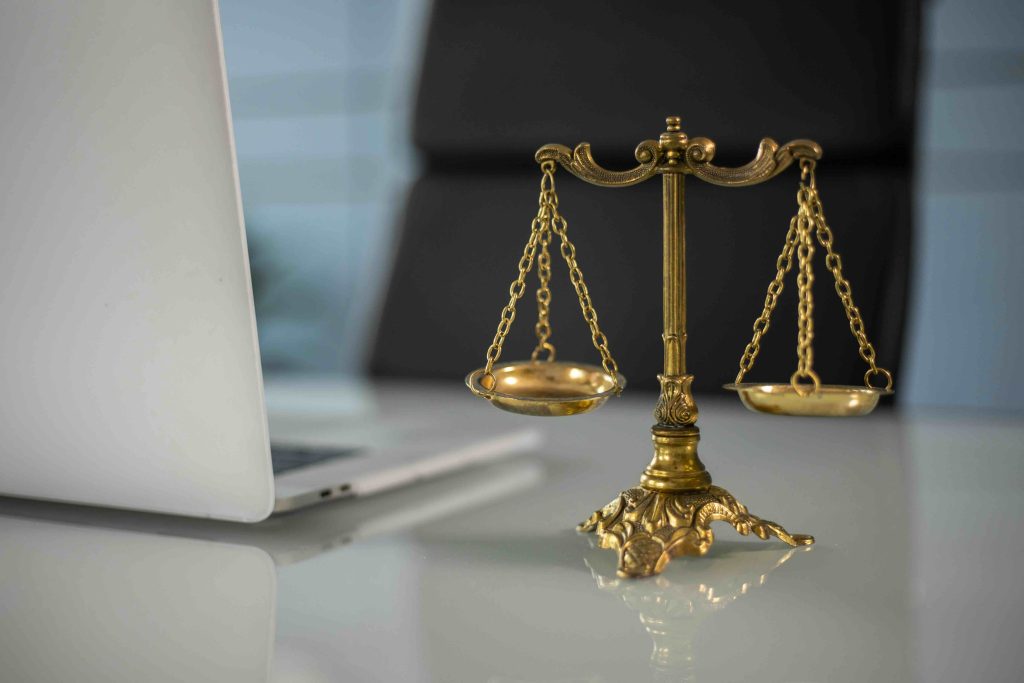- Contact Us Now: (877) 667-1211 Tap Here to Call Us
Constructive Trusts-FAQs

What is a Constructive Trust?
Constructive trusts are sometimes referred to as involuntary trusts (or trusts ex maleficio). When a court exercises its jurisdiction, it may create a constructive trust to ensure fair and equitable relief. If the court determines that the person holding the property is indeed acting as trustee for the benefit of those who are rightfully entitled to it, a constructive trust will be declared. While constructive trusts differ significantly from resulting trusts, they are both implied from the circumstances, just like resulting trusts.
In what circumstances can a constructive trust arise?
The principle underlying constructive trusts is the avoidance of a result that allows a party to be unjustly enriched through abuse of confidence, duress, or fraud, whether the fraud is actual or constructive. Such trusts will arise where there is actual fraud, constructive fraud, or the application of some equitable principle not involving fraud. Many authors and court decisions erroneously describe fraud as a mandatory element. However, despite the frequency of fraud as an element of constructive trusts, such trusts will be impressed on assets, even absent fraud, where there is duress, abuse of confidence, or similar inequitable conduct. This is so regardless of the constructive trustee’s intention.
Numerous Florida court decisions have addressed the constructive trust doctrine. Unlike regular trusts, which are explicitly created, constructive trusts are implied by the court based on the circumstances. This doctrine has wide application due to its foundation in fairness and equity. However, it’s important to note that the Florida Trust Code doesn’t apply to constructive trusts.
What are a couple examples where the court imposed a constructive trust?
- A debtor committed fraud before filing for bankruptcy, even though the fraud claim was settled after filing.
- A wife won a special equity in their marital home, which was bought in her husband’s name. The down payment was made with a loan from her grandmother, and she thought she’d have a share in the home. She often worked for her husband’s business without pay, and they made improvements together. The court said that a constructive trust would form if one party abused the other’s trust and kept the property or money.
- A husband bought a diamond ring for over $200,000 and gave it to his wife as an engagement ring. He only insured the ring in his name, and after a robbery, he got the insurance money. The Florida Supreme Court ruled that the husband was a trustee of the money.
Florida Constructive Trust Lawyer
Constructive trusts can pop up in different situations and are usually linked to other claims. If you’re involved in a lawsuit about a constructive trust, reach out to Florida constructive trust attorney Andrew J. Pascale at 877-667-1211 to get a clearer understanding of your rights. Remember, this blog is just for info and doesn’t give legal advice.




